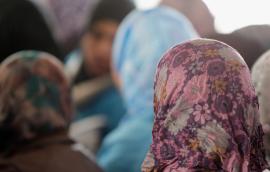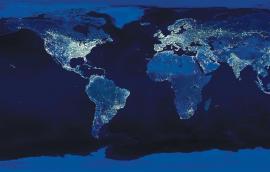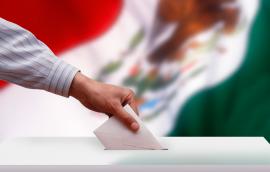Money Means Power, Even for Shi’a Women
The only women elected to Bahrain’s new parliament are all Shi’a. While the Shi’a community in Bahrain is often considered to be economically and politically marginalized from the regime, the winning female candidates are wealthy and linked professionally with the regime.
Gail Buttorf, Bozena Welborne February 27, 2015









